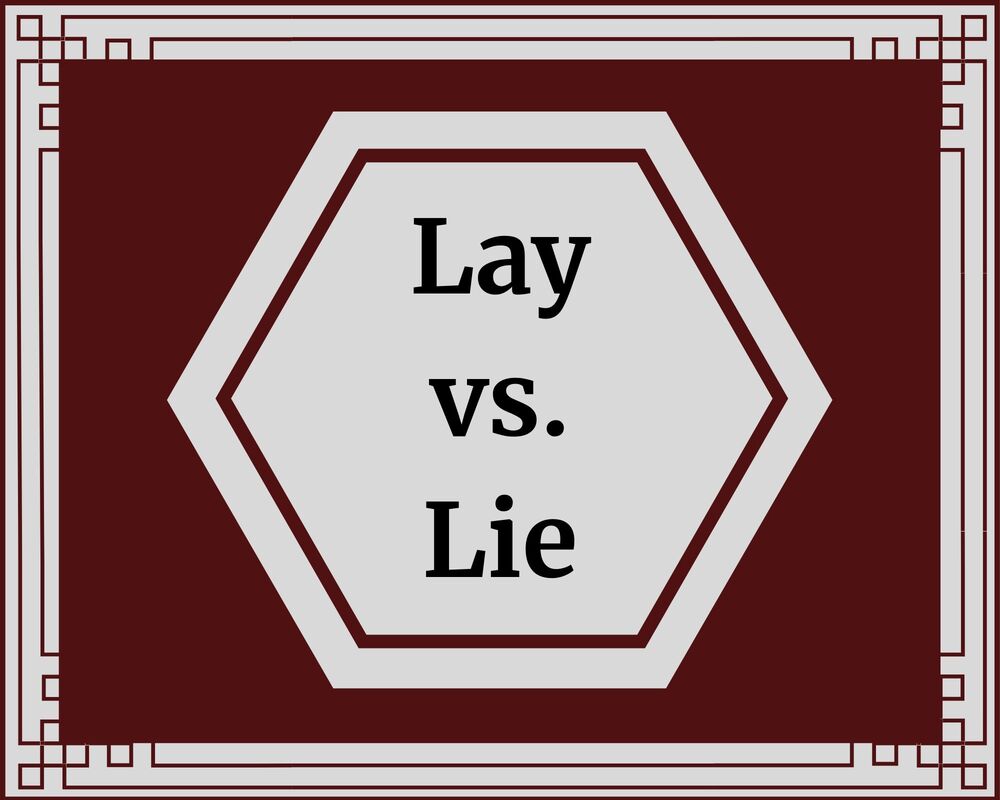|
Now I lay me down to sleep. Wait. Or is it lie? No, it was right the first time. Right? Grr. And pretty soon, you’re tearing your hair out. Take heart, though, because you’re not alone. The confusion over lay and lie—and which one to use when—may be one of the most common grammar mistakes in the English language. Even some editors have trouble with this one. Writing lay in place of lie is nonstandard but becoming more common. It’s so common that what is now considered standard may soon change, but we’re not there yet. Using lay and lie correctly is a mark of grammar proficiency and understanding. So, it’s best to avoid the nonstandard usage unless for a specific purpose, like establishing an unrefined voice for a character. Many readers won’t notice whether or not you use lay and lie correctly, but those who do are going to wince and stumble every time. And do you know how many times we use lay and lie? A lot. And those who don’t notice if you use them incorrectly also won’t notice if you use them correctly, so why not add a little grammar expertise to your repertoire and avoid alienating potential readers? LayLay is a transitive verb. That means it requires a direct object. And a direct object has to be just that: an object. A noun. Simply put, if whatever you are acting on is mentioned, use lay. To lay something is to cause something to lie. For example I am going to lay the baby down for a nap. I am going to lie down for a nap. In the second example, there is nothing stated that I am laying down, so we use lie. Let’s revisit our original sentence. Now I lay me down to sleep. Often, the first instinct is to use lie, because you would say, “I lie down.” But notice that me after lay. LieSome people seem to think that lie is just a fancier form of lay. For that reason, some will use it when they shouldn’t because they want to sound smart, and some will cut it out altogether and just use lay because it’s just easier that way, right. But lie is its own word with its own uses. Lie is an intransitive verb, meaning it can stand on its own with just a subject to form a grammatically correct, though awkward, sentence. It is usually followed by some sort of phrase that explains how, why, when, or where. He lies on his bed. He lies quietly. But He lays his head on the pillow. He lays his hand over his mouth. Past Tense One of the greatest sources of confusion with these two terms lies in the past tense, specifically in the past tense of lie. The past tense of lie is lay. I was exhausted this afternoon, so I lay on the couch for three hours, staring at the wall. Not confusing at all, right? But take note that they only cross in the simple past. So Lay(s), laid, has/have/had laid And Lie(s), lay, has/have/had lain
We should always be growing and learning, and I hope my short explanation has helped in some small way. If you have any questions about this subject or about any grammar point, feel free to drop me a comment either below or on my Facebook page, or send me an email any time. If you want to do some further grammar study on your own, check out The McGraw-Hill Handbook of English Grammar and Usage. And Garner’s Modern English Usage is full of useful information on how different words and phrases are used today, such as when to use toward vs. towards. Rebecca Miller is a professional copyeditor and general fan of all things having to do with the written word and the English Language. You can check out her website at Oakdale Editing or connect through Facebook, LinkedIn, or Email.
0 Comments
Leave a Reply. |
AuthorRebecca has a passion for helping you fill the world with great literature and making sure said literature doesn't get passed over for the lack of a little editing. Archives
July 2022
Categories
All
|


 RSS Feed
RSS Feed
